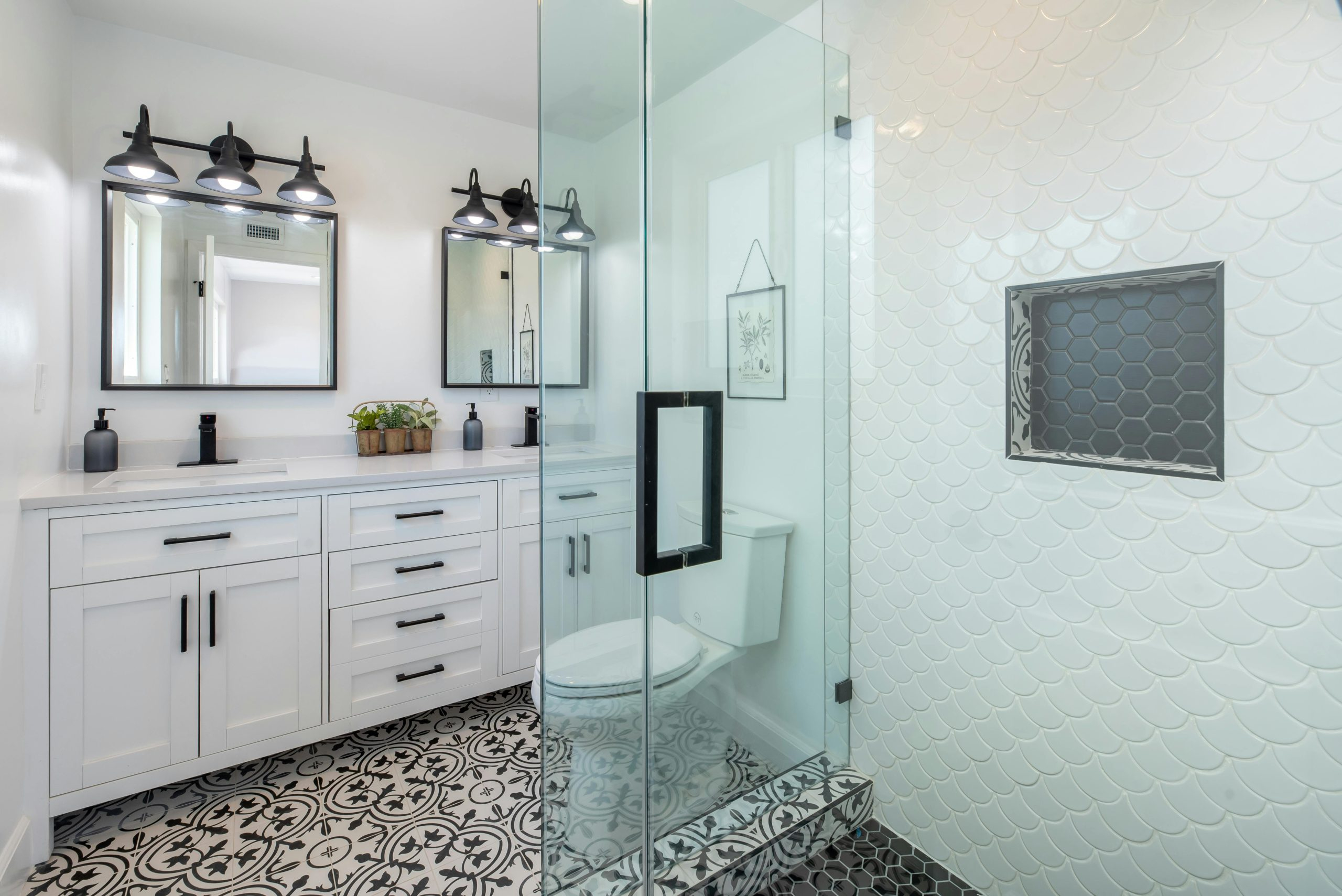Beginner’s Handbook to building strong relationships in Home Improvement
Welcome to the Beginner’s Handbook to building strong relationships in Home Improvement! Whether you are a homeowner looking to improve your property or a professional contractor wanting to expand your business, building strong relationships is crucial for success in the home improvement industry. This guide will provide you with tips and strategies for fostering positive relationships with clients, suppliers, and other industry professionals. With the right relationships, you can not only increase your business prospects but also enhance your reputation and credibility in the market. So let’s dive in and discover the essential elements of building strong relationships in home improvement.
Understanding the Importance of Relationships in Home Improvement
In the home improvement industry, relationships are the backbone of success. As a business owner or contractor, you are not just selling products or services – you are selling trust. Clients need to have confidence in your abilities and trust that you will deliver the results they desire. Similarly, having strong relationships with suppliers can ensure timely delivery of materials and potentially better deals. Building strong relationships can also lead to word-of-mouth referrals and repeat business. In a highly competitive market, having a positive reputation can give you a competitive edge and set you apart from the rest.
Keys to building Strong Relationships in Home Improvement
1. Communication is Key
Effective communication is the foundation of any strong relationship. It is essential to clearly understand the needs and expectations of your clients and communicate openly and honestly with them. Listen to their ideas, address any concerns they may have, and provide regular updates on the progress of the project. This will not only build trust but also show that you value their input and are committed to delivering the best results.
2. Be Reliable and Consistent
In the home improvement industry, reliability and consistency go hand in hand. Clients want to know that they can count on you to deliver quality work on time and within budget. Consistent delivery of exceptional results will help establish your reputation as a trustworthy and dependable contractor. Be consistent not only in the quality of work but also in your communication and customer service. This will ensure that clients have a positive experience and are more likely to recommend you to others.
3. Be Transparent
Transparency is crucial in building strong relationships. Be honest and transparent with your clients and suppliers about pricing, timelines, and potential challenges that may arise. This will help manage expectations and avoid misunderstandings. If any issues do arise, address them promptly and provide solutions. Clients will appreciate your honesty and be more likely to trust you and continue doing business with you.
4. Foster a Positive Attitude
A positive attitude can go a long way in building strong relationships in the home improvement industry. Be genuine, supportive, and enthusiastic about your work. Your positive energy can be contagious and leave a lasting impression on clients and other professionals in the industry. A positive attitude can also help diffuse any tense situations and create a more pleasant and collaborative working environment.
5. Establish a Good Work Ethic
Having a strong work ethic is essential in any industry, and home improvement is no exception. Show up on time, work efficiently, and be dedicated to producing high-quality results. Clients will appreciate your commitment to their project and see that you take great pride in your work. This will build trust and contribute to long-lasting relationships.
6. Show Appreciation
In the midst of busy schedules, it can be easy to forget to show appreciation for those who contribute to our success. Take the time to thank your clients and suppliers for their business and support. A simple thank you note or gesture can show that you value the relationship and appreciate their trust in you. This can go a long way in creating loyal customers and building a strong network of industry professionals.
Conclusion
Building strong relationships in home improvement is crucial for success, and it requires effort, communication, and commitment. With the tips outlined in this Beginner’s Handbook, you are on your way to fostering positive and long-lasting relationships with your clients, suppliers, and industry peers. Remember, relationships are built on trust, and by following these key principles, you can establish a strong reputation and continuously grow your business in the home improvement industry.










